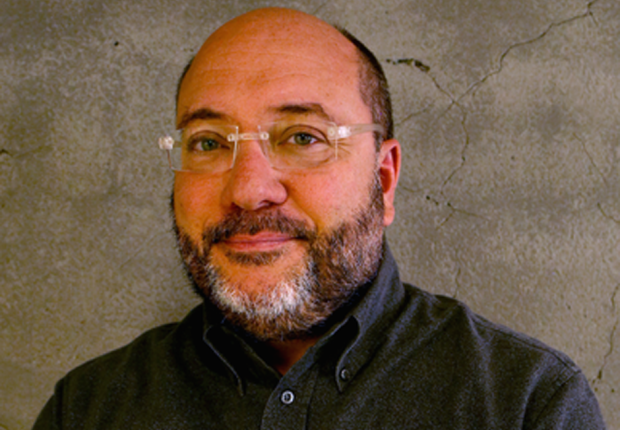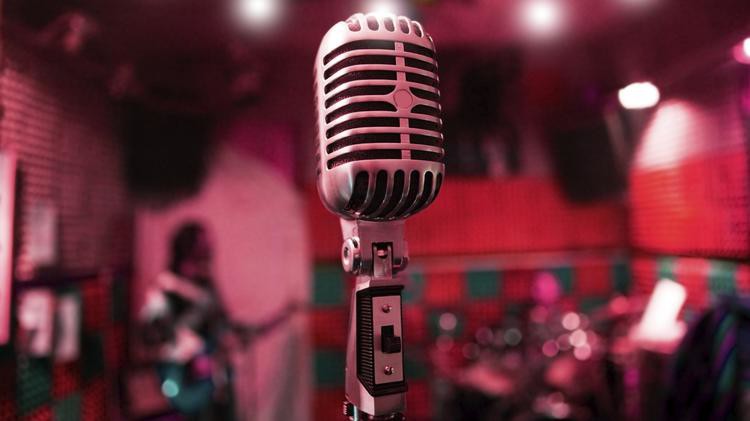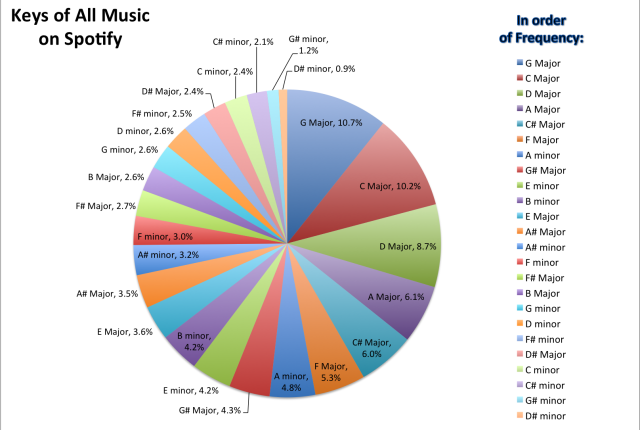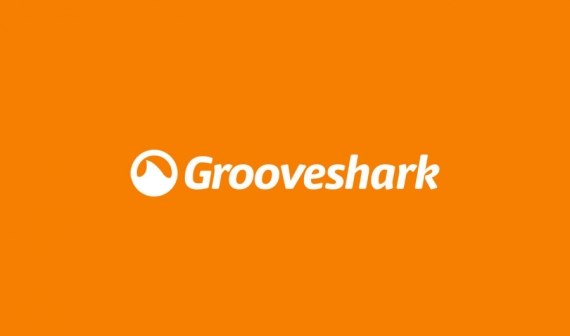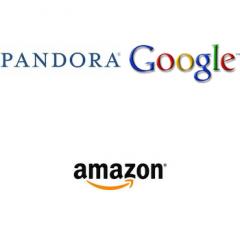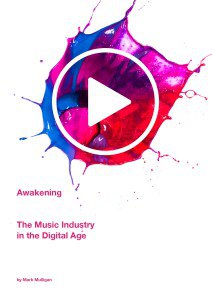It’s no secret that the music business is changing. With physical sales hitting all time lows, many — including Apple, Google, and a slew of big name music superstars — have pinned their hopes of a viable business on streaming. But the services, which include Spotify, Rdio and Jay Z’s Tidal, have not been without criticism, specifically about compensation to the artists and, most recently, public flame wars. We asked Jim Rondinelli, a former record producer who now works as Rdio’s Global Head of Content Licensing and Catalog to weigh in on how the industry must adapt in order to survive.
In the nineties, I had the pleasure—an honour really—of working with some of the most influential North American bands in Rock and Roll. My career as a producer and mixer brought me into the creative spheres of Weezer, Wilco, Matthew Sweet, and Canadian treasures like Sloan, Odds, and The Tragically Hip.
Back then, people listened to music on cassette tapes and compact discs sold in physical stores. As much as I loved shopping for tapes and CDs, there was nothing worse than traipsing out to a store only to find that the record I’d been searching for was out of stock. Those days are long over.
The music industry, as with so many other industries, has been undergoing a radical transformation. Thanks to the internet and widespread broadband access, people around the world can access every song ever recorded, anywhere within reach of a data connection.
In 1999, I made a decision to take a break from producing and mixing records. I could see that the music industry would be disrupted by the emergence of new digital distribution technologies. Now, as Global Head of Content Licensing and Catalog at Rdio, I am focused on making music legally available to fans in the 85 countries in which we operate, while also making sure that artists are being fairly compensated for their efforts.
We’ve now arrived in an unprecedented era of music discovery and distribution, where music fans can find virtually every piece of music ever recorded instantly via their mobile phone. Distribution barriers have collapsed. Artists can offer their music to a wider audience than ever before. Artists and fans alike benefit from instant distribution. If I create a song this afternoon, it can be available globally within hours. This would have been inconceivable twenty years ago.
Artists are now compensated by people choosing to listen their music
But, as the earlier years of illegal file sharing showed us, availability did not mean that artists were being compensated for their efforts. Rights holders saw first hand the damage that was being done to their businesses by piracy.
As subscription and ad-supported music streaming services grow, people ask me how artists can continue to make money in the new digital landscape. The fact is that it’s possible and it’s happening today, even during this transitional period for the industry. However, we all must be mindful that this transformative period for the music industry is still at a very nascent stage, and many rights owners have had to undergo painful transformations of their businesses to support the pace of change demanded by a rapidly evolving marketplace.
In the meantime, the barriers to entry for music production have vanished. Many new computers come preinstalled with software offering greater functionality than was available in a $200,000 recording studio some 20 years ago. Similarly, as our economy moved from one based on purchasing to one based on attention, music consumption patterns have changed. Few music fans have the time or the willingness to listen to a 12-song album in a single sitting. The result is that more artists are regularly releasing and promoting music than ever before.
The industry is transitioning from the purchase of physical goods to a business model based on access to music. This change requires a fundamental shift in thinking from the people who are marketing music. Artists are now compensated by people choosing to listen their music.
More than ever before, music is about connection. Not only do fans connect to each other, they also connect with artists via social media. The barrier between artist and fan has broken down, creating an opportunity for artists to engage with fans directly and market themselves. The most successful new artists were once found at the back of the venue, selling merchandise and establishing a personal connection to people who came to see them. Now, they extend their interaction by connecting to their audience on Instagram, Twitter, Facebook and Snapchat. Audiences are responding with gratitude and scads of attention, and we are only a few years into this journey.
There can be no doubt that rights holders must be fairly compensated for their work. As the digital music market continues to grow, there will inevitably be differences between the industry’s many stakeholders. However, if everyone in the industry works together, we can make something very special for music fans, recording artists, and songwriters alike. We shouldn’t miss the opportunity to do so.
Jim Rondinelli is Global Head of Content Licensing and Catalog at Rdio

